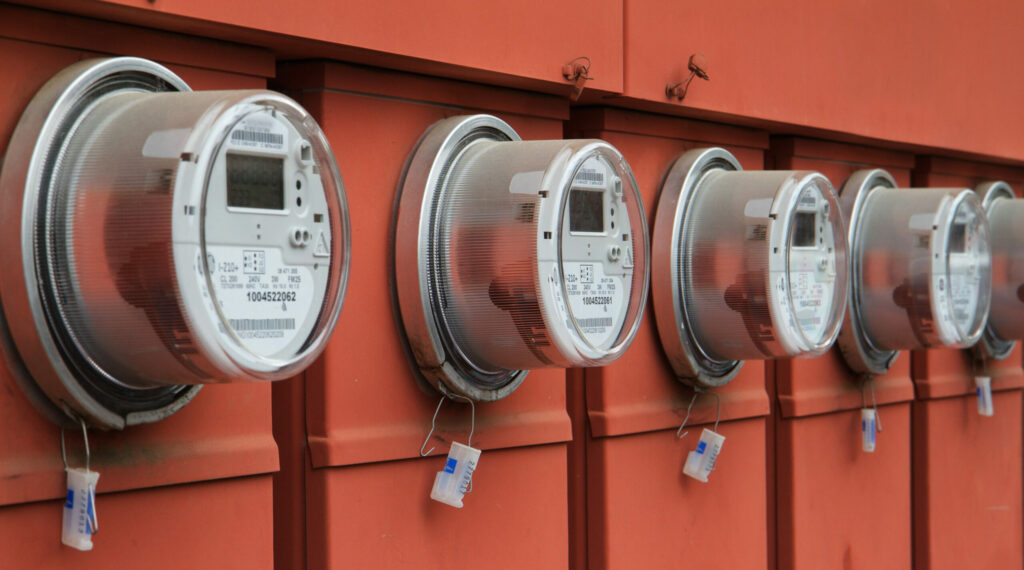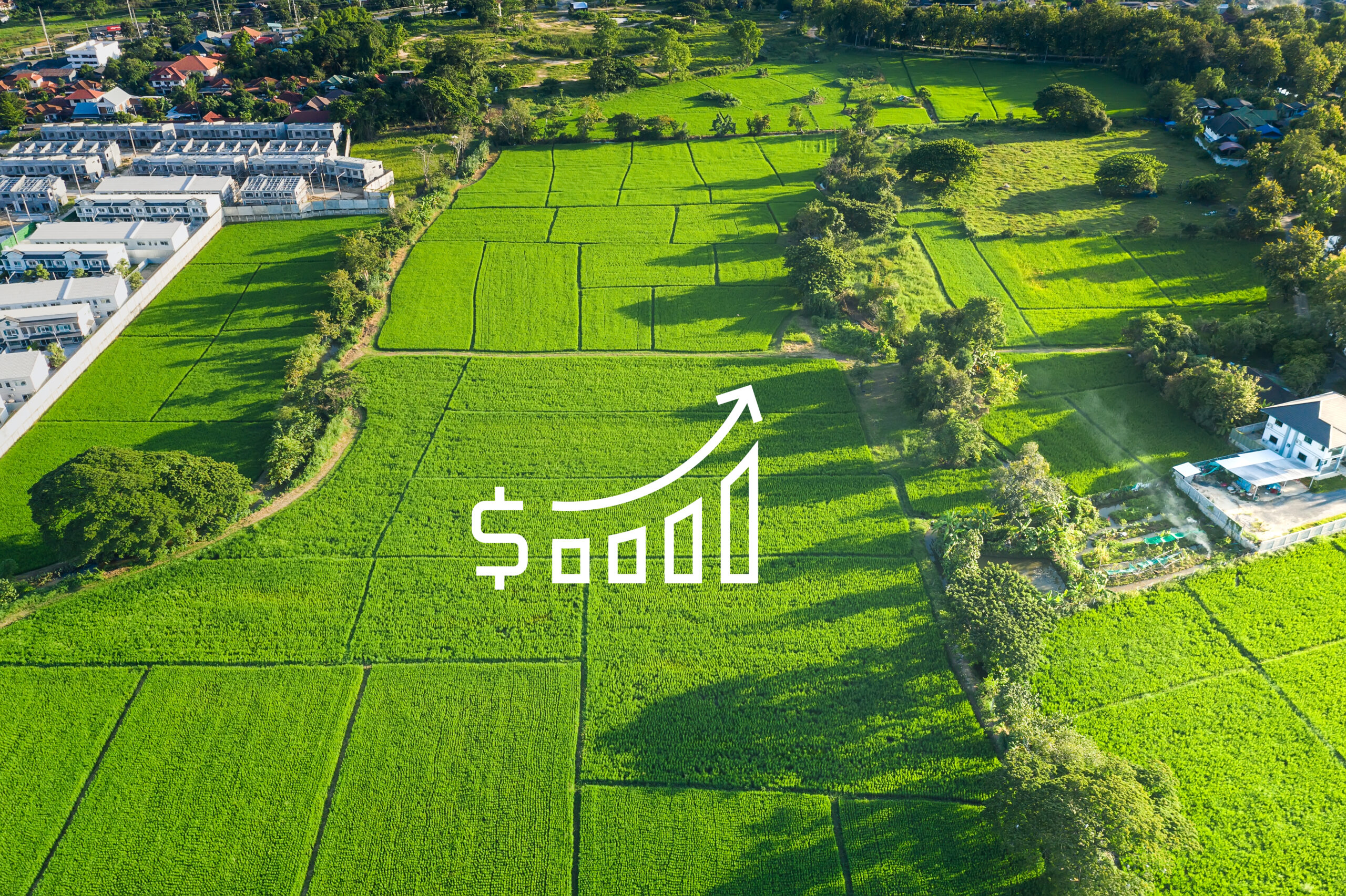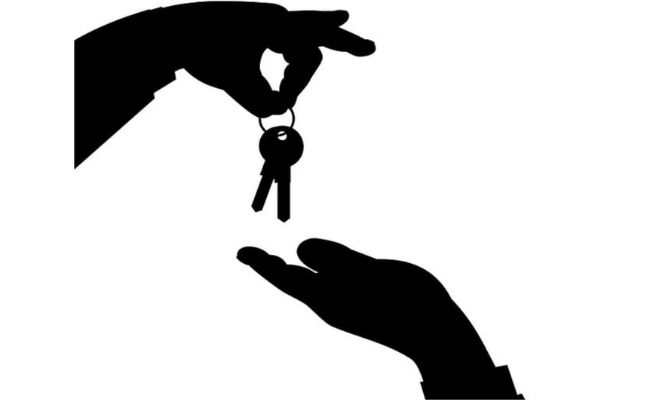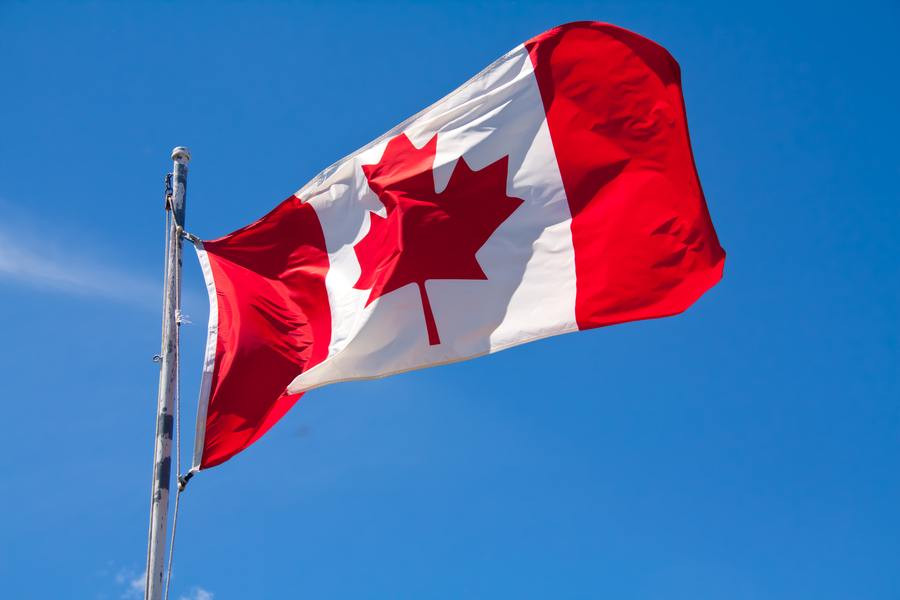In recent years, utility costs have increased across Canada, impacting the financial landscape of households and businesses alike. At the same time, Alberta has emerged as an alluring destination for Canadians seeking opportunities for relocation due to its rapid economic growth and promising prospects.
However, as prospective movers consider making Alberta their new home, it becomes crucial for them to comprehend the intricacies of utility expenses within the province. Understanding the average cost of utilities in Alberta is essential not only for budgeting and financial planning but also for gauging the overall cost of electricity, natural gas, water, sewage, and other associated costs in this bustling region.
Utility Costs and The Alberta Utilities Commission

The Alberta Utilities Commission (AUC) plays a pivotal role in regulating utilities throughout the province, ensuring fair and efficient delivery of essential services. As an independent regulatory body, the AUC oversees the electricity and natural gas markets, setting standards and establishing guidelines for utility providers. Their primary objective is to safeguard the interests of consumers while promoting a competitive and sustainable market.
The AUC’s regulatory decisions can significantly impact utility prices in Alberta. Through a thorough review process, the AUC approves utility rates, considering factors such as infrastructure investments, operational costs, and the need to maintain reliable services. They also scrutinize utility providers’ applications for rate changes, ensuring that any adjustments are reasonable and justified.
Additionally, the AUC fosters the implementation of energy conservation programs and sustainable practices, which can influence utility costs in the long run. By balancing the interests of both consumers and service providers, the AUC plays a crucial role in maintaining a stable utility pricing framework in Alberta.
Factors Affecting Utility Costs in Alberta
Several factors contribute to the variation in utility costs across Alberta. As with any good or service, the crux of price movement is driven by supply and demand. This means that factors affecting utility costs in Alberta are mostly centred on how the geopolitical landscape affects access to resources.
Some of the foremost factors affecting utility costs in Alberta are as follows:
- Geographical Location: Rural areas may incur higher infrastructure and distribution costs compared to urban centers.
- Seasonal Fluctuations: Extreme weather conditions can lead to variations in energy demand and prices, especially for electricity and natural gas.
- Natural Resource Availability: The abundance of natural resources, such as oil and gas, influences energy production and supply, impacting utility costs.
- Technological Advancements: Investments in renewable energy sources and energy-efficient technologies can affect utility expenses.
- Regulatory Policies: The Alberta Utilities Commission’s regulations determine permissible rates and charges, directly impacting utility prices.
- Market Competition: The presence of multiple utility providers can influence prices, with more competition often leading to competitive pricing for consumers.
Average Utility Costs in Alberta
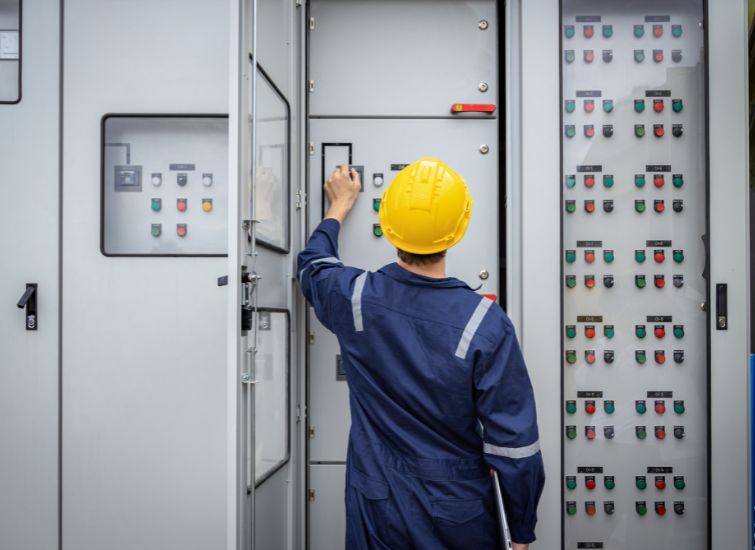
In Alberta, utilities are typically broken down into various categories, encompassing essential services for residents and businesses. These categories commonly include electricity, natural gas, water, sewage, waste disposal, and recycling services. Each utility is subject to specific regulations and pricing structures, contributing to the overall cost of living in the province.
Electricity
According to the Alberta Utilities Commission Website, utility customers in Alberta have a choice of retail service providers, and can evaluate their choice of providers through the . The energy charge (or commodity charge) on your bill for regulated rate option (RRO) clients is established monthly in accordance with the energy price-setting plan endorsed by the AUC. These monthly rates will vary between months according to supply and demand in the market for electricity and are meant to reflect the actual wholesale electricity costs for the month.
Although RRO electricity costs had declined since their last major peak in February 2023, they have been steadily rising since May, and they currently sit at an average of 27 cents per kWh as of July 2023.
Natural Gas
Alberta is a resource-rich province with ample access to natural gas resources. However, natural gas utility rates are still regulated by the AUC, and the two major providers of natural gas in the province are ATCO Gas (for direct energy-regulated services) and Apex Utilities.
As of July 2023, the price for natural gas in dollars per GJ is 2.273 for ATCO and 2.622 for Apex. These prices are generally evening off after a sustained downward trend since January 2023.
Water and Sewage
Water is delivered to and non-residential users by several local water companies that operate throughout Alberta. Customers are billed for the cubic meters of water they use within a predetermined time frame. A baseline monthly service fee dependent on the size of the water meter you have put in your house will be added on top of that. , the average single-family household in Edmonton pays about $46 per month for water. This is based on rates that change according to how much water is consumed during each billing period.
Waste Disposal and Recycling
Like water, waste disposal and recycling costs in Alberta will vary depending on your city and its waste disposal services. According to Calgary.ca, the total monthly fee for waste disposal and recycling services in Calgary is $25 per month in 2023 and will rise to $27.10 by 2026. In Edmonton, the monthly rates in 2023 for curbside pickup range from $43.75 to $58.75, whereas apartment and condo collection is $30.97.

Total Average Utility Costs The total average utility costs in Alberta will depend on where you live, how much utilities you and your family use, and other factors such as water providers.
For starters, single-family households in Alberta consume about 600 kWh of electricity per month. At the cost of $0.27/kWh, this gives us $162 per month for electricity in Alberta.
Likewise, single-family homes in Alberta tend to consume about 10 GJ of natural gas. At an average cost of $2.4/GJ, this puts most single-family homes in Alberta at $24.47 per month.
Finally, we can add on the water and waste disposal costs. For single-family homes in Calgary, this adds up to around $71 per month.
When we add all of these costs together, it adds up to a total average utility cost of around $257 per month, although this may vary depending on where you live in the province.
How Do Utility Costs in Alberta Compare With the Rest of Canada?
Utility costs in Alberta exhibit distinctive patterns when compared with the rest of Canada. Due to the province’s unique economic landscape, abundant natural resources, and deregulated energy markets, utility prices in Alberta can differ significantly from other regions.
Moreover, the decentralized energy market in Alberta, driven by competition and market forces, may lead to varying utility rates among different providers. While this can create opportunities for cost savings, it also necessitates careful evaluation and comparison of available options.
As mentioned above, the average energy costs in Alberta for 2023 were sitting around 27 cents per kWh as of July. By comparison, the national average for energy costs between Canadian provinces nationwide is currently at 19.5. However, the national average is heavily skewed by provinces with exorbitant energy prices, such as Nunavut ($0.61/kWh).
The differences between other utilities exhibit the same pattern, with Alberta sitting in excess of the national average.
Tips for
Saving energy in Alberta not only reduces utility costs but also contributes to environmental sustainability. Here are some tips to help residents and businesses conserve energy:
- Efficient Lighting: Replace traditional bulbs with energy-efficient LED lights to reduce electricity consumption.
- Programmable Thermostats: Install programmable thermostats to regulate heating and cooling, optimizing energy usage.
- Weatherproofing: Seal gaps and cracks, and insulate windows and doors to prevent heat loss during winters and keep cool air in summers.
- Energy-Efficient Appliances: Choose appliances with ENERGY STAR ratings to reduce electricity usage.
- Smart Power Strips: Use smart power strips to prevent standby power consumption.
- Optimal Water Usage: Fix leaks promptly, and consider installing low-flow fixtures to conserve water and reduce water heating costs.
- Unplug Devices: Unplug electronics and chargers when not in use to avoid phantom energy consumption.
- Energy Audits: Conduct home or business energy audits to identify areas for improvement and prioritize energy-saving upgrades.
- Renewable Energy: Consider investing in solar panels or participating in green energy programs offered by utility providers.
- Educate and Involve: Educate family members or employees about energy conservation, fostering a collective effort to save energy.
Conclusion
Understanding the average utility costs in Alberta is crucial for both individuals and businesses considering relocation or residing in the province. Various factors influence utility prices, from regulatory policies to geographical locations, making it essential to be well-informed about the breakdown of costs.
By adopting energy-saving practices and staying mindful of market dynamics, Albertans can effectively manage their utility expenses while contributing to a sustainable future. For more information on utility costs and policies in Alberta, you can visit the Alberta Utilities Commission website.


